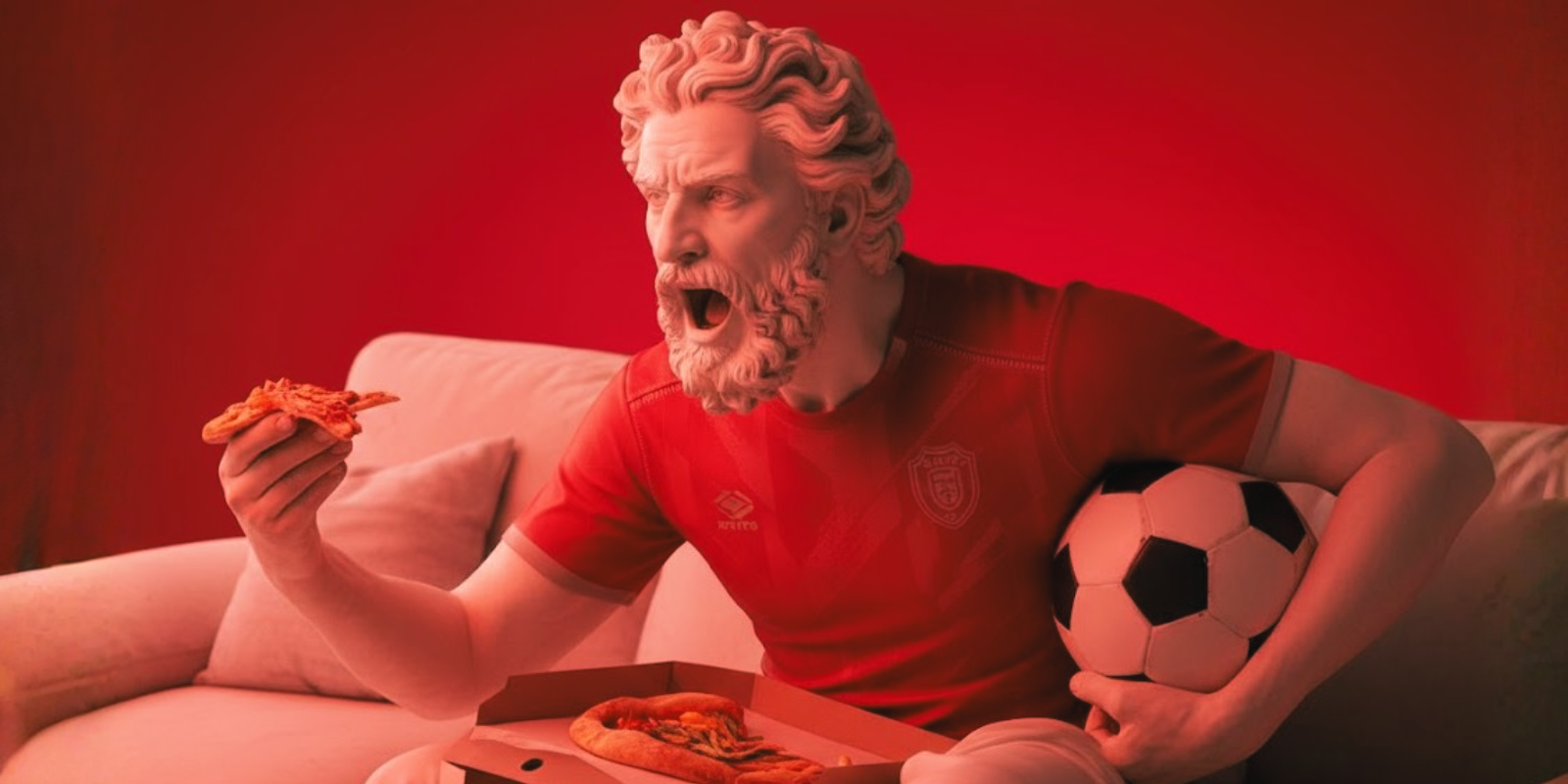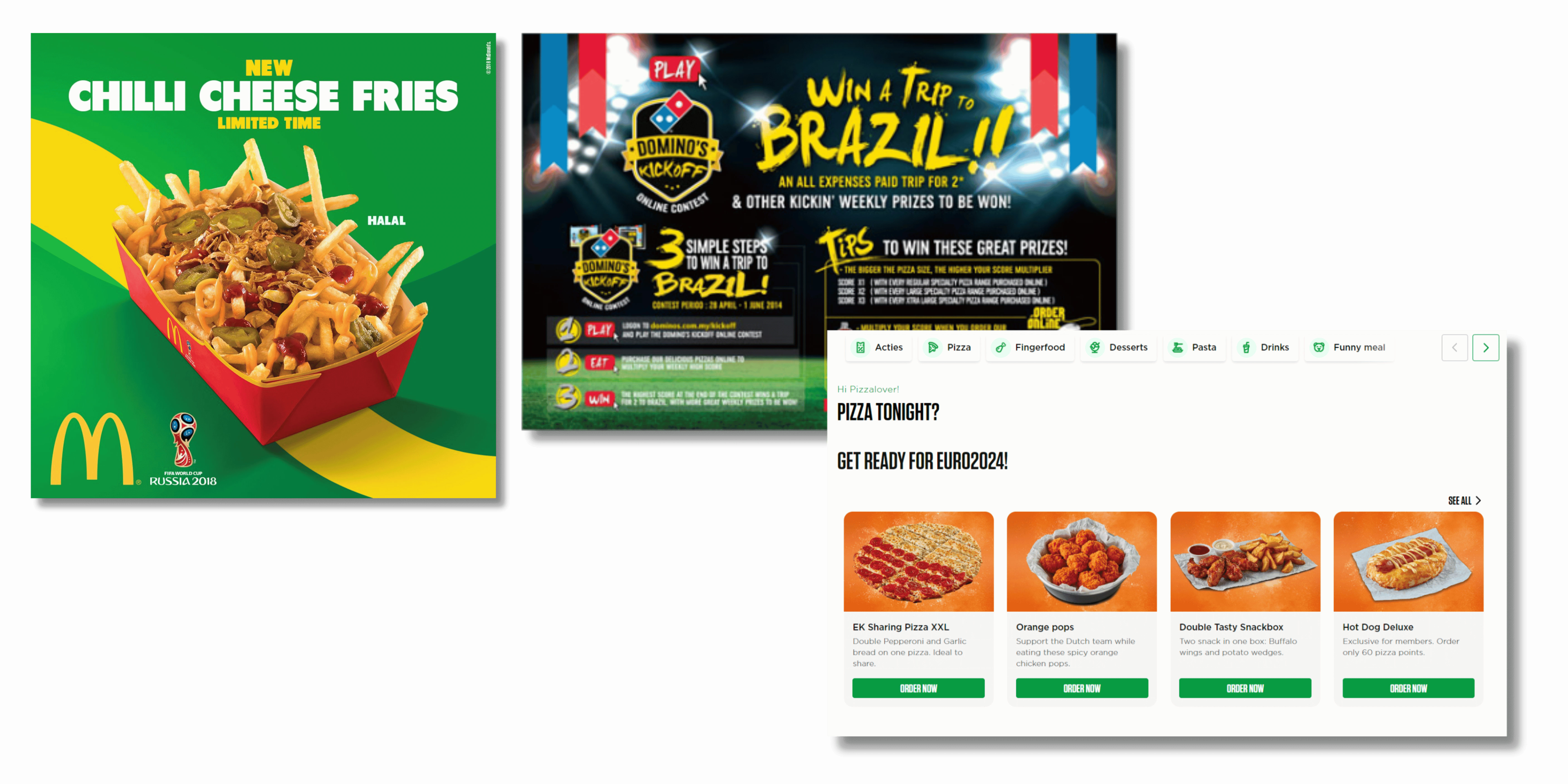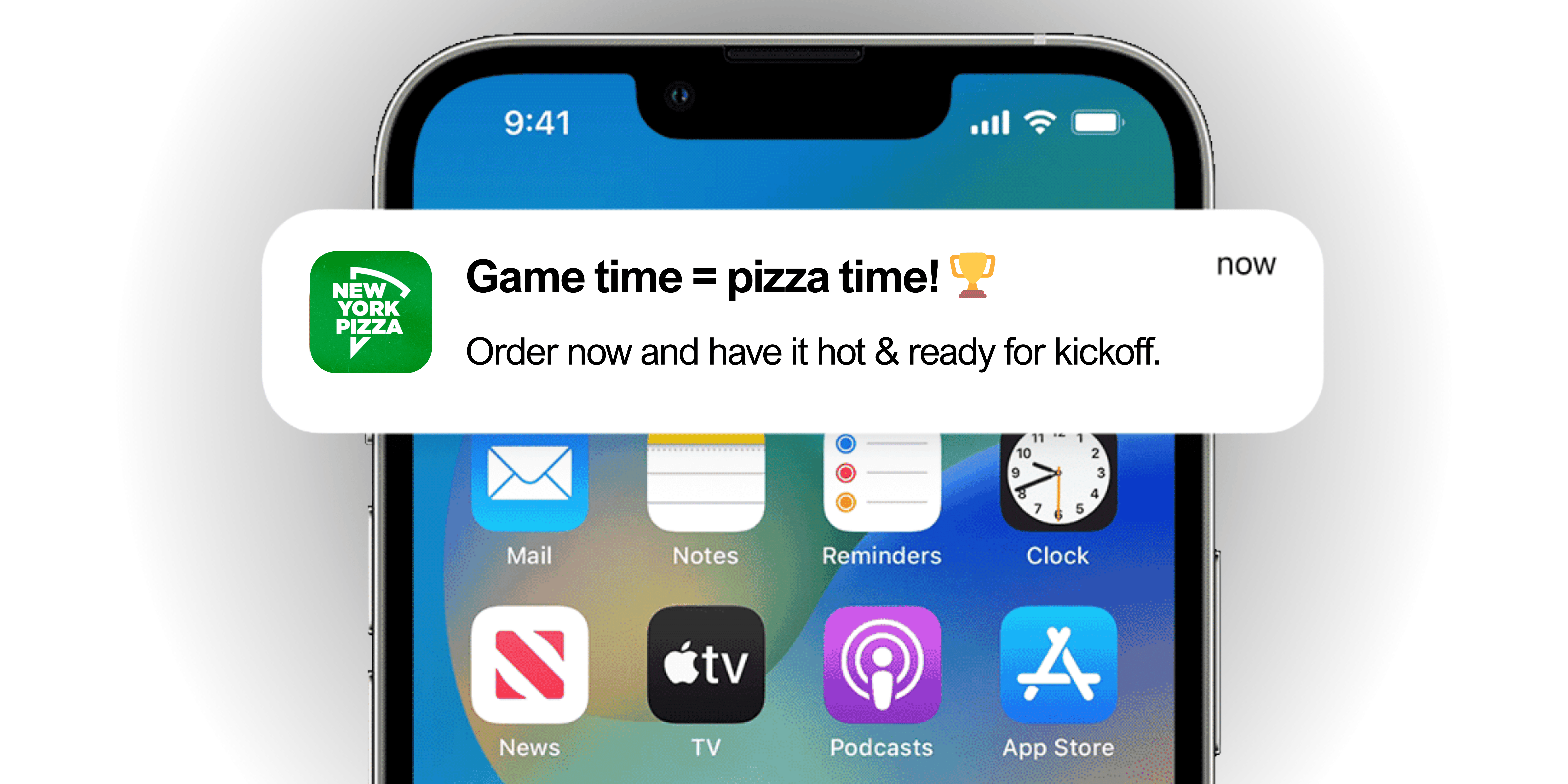
How Sport Events Can Boost Sales for QSRs
Major football events like the UEFA Euro and FIFA Club World Cup captivate billions of fans worldwide. This weekend marks the first time the FIFA Club World Cup kicked off in the USA, featuring 32 champion teams from each continent. Coming during the typically slow summer season, this tournament creates unique opportunities for quick-service restaurants (QSRs) to boost sales.

How football drives sales for QSRs
The connection between football and food is undeniable, as fans consistently opt for convenient meals while watching matches. Many enjoy the games from the comfort of their homes alongside friends and family, making food delivery an essential service for QSR chains aiming to capitalize on the surge in demand during these major football events.
Similarly, the FIFA World Cup consistently drives massive spikes in food delivery and QSR sales. During these tournaments, fans prefer shareable, easy-to-order meals that complement the excitement of live football, further highlighting the crucial role of delivery services in maximizing QSR revenue.
Data from major football tournaments amplify this trend:
- €1.17 billion was the estimated spend on food and drink during the 2022 FIFA World Cup in the UK (Shrivastava, 2022).
- €121 million was the estimated spend during the 2023 Women’s World Cup final in the UK, with 11.1 million people watching from home (Ambrose, 2023).
- The 2023 Champions League final saw the highest number of food delivery orders on match day in the UK, according to UEFA (2024).
Just Eat Takeaway.com’s sponsorship of UEFA highlights the synergy between football and food delivery. This partnership boosts brand visibility and connects with millions of fans, offering them a seamless way to order meals while cheering on their favourite teams. As Just Eat states:
“Football and food delivery are a perfect match. Partnering with UEFA allows us to engage fans, enabling them to order their favourite local dishes conveniently during major European football tournaments.”
Susan O’Brien, VP Brand at Just Eat Takeaway
This pattern isn’t new. The 2018 FIFA World Cup, watched by roughly 3.5 billion people globally, saw platforms like Zomato capitalize on the surge, handling nearly 600,000 orders in a single evening, almost three times their usual daily volume (The Economic Times, 2018).
Additional data underscores the growth potential for QSRs during major football events:
- 1 in 3 consumers is more likely to order takeaway during the World Cup.
- 80% of orders serve groups of 2-5 people, boosting average order values (Matthews, 2022).
- Delivery revenue jumped 35% during the UEFA Euro 2024 final, with orders rising 30% throughout knockout matches.
Together, these insights demonstrate how football creates a prime opportunity for QSRs to drive sales and expand their customer base during tournament seasons.
Winning strategies to implement
Offers and Discounts
Special match-day promotions can be an effective way to attract football fans and encourage them to choose your restaurant over competitors. For example, offering 20%-35% off for orders placed during key moments like halftime or when a team scores can increase sales and customer loyalty.
During the 2024 Champions League, Pizza Hut partnered with Just Eat in the UK to offer a great deal: two large pizzas, one classic side, and a 1.5L bottle of Pepsi for £29.99, saving 33%. In addition, Just Eat provided 25% off selected restaurants, making match days even more appealing for food lovers (Dobinson, 2024).
These kinds of promotions not only attract customers but also enhance their overall experience, driving both short-term sales and long-term loyalty.
Football-themed limited-time offers
Creating special menu items tied to major football tournaments is a proven way to boost customer engagement and increase average order value. For example:
- “Champion’s Choice Pizza”: featuring toppings inspired by different national teams.
- “Penalty Kick Platter”: a shareable meal with wings, fries, and dipping sauces, perfect for watching with friends.
- “Extra-Time Special”: offering discounts if a match goes into extra time, keeping fans excited and orders flowing.
These promotions align perfectly with match schedules, which conveniently fall during key meal times in major football-loving countries:
Thursday 19 June – PSG vs Botafogo at 3:00 AM Amsterdam time
UK (BST): 2:00 AM (Late night)
USA (EDT): 9:00 PM (Dinner time)
GMT: 1:00 AM
Friday 20 June – Bayern Munich vs Boca Juniors at 3:00 AM Amsterdam time
UK (BST): 2:00 AM (Late night)
USA (EDT): 9:00 PM (Dinner time)
GMT: 1:00 AM
Thursday 26 June – Juventus vs Manchester City at 9:00 PM Amsterdam time
UK (BST): 8:00 PM (Dinner time)
USA (EDT): 3:00 PM (Late lunch / Early dinner)
GMT: 7:00 PM (Dinner time)
Sunday 13 July – Final at 9:00 PM Amsterdam time
UK (BST): 8:00 PM (Dinner time)
USA (EDT): 3:00 PM (Late lunch / Early dinner)
GMT: 7:00 PM (Dinner time)
By offering football-themed promotions timed to coincide with local meal hours, QSRs can tap into the festive spirit of football season and maximize order sizes while enhancing the overall fan experience.
Push notifications & social media ads
Football fans are highly active on social media during matches, making it an ideal time for QSRs to engage with them. Effective strategies include:
- Push Notifications: Sending timely offers when a match goes into extra time or when a team scores a goal. Example: “🏆 Goal Alert! Celebrate with 15% off all orders for the next 15 minutes!”
- Social Media Campaigns: Running interactive polls, giveaways, and influencer promotions.
- Localized Ads: Targeting specific regions based on their team’s performance (e.g., if Spain wins, Spanish restaurants offer a discount).
Inventory & operations optimization
Football nights mean peak order volumes, so QSRs should ensure they can handle the peak volumes by:
- Stable POS and e-commerce systems to prevent downtime.
- Real-time inventory tracking to avoid stock shortages.
- Optimized delivery management to handle high demand.
Turning football fans into loyal customers
Beyond the short-term revenue boost, QSRs can use customer data from football season to build long-term loyalty.
Loyalty programs aren’t just about points – they create engagement and repeat business. Examples include:
- Double loyalty points on match days to incentivize repeat purchases.
- Exclusive football-themed rewards, such as free appetizers for loyalty members.
- Game-day streak rewards for fans who order during every match of their favorite team.
Final whistle: Making football season a business success
Football season presents a massive sales opportunity for QSRs. The demand for food and drinks increases greatly during major tournaments, and restaurants that effectively leverage promotions, optimize their operations, and engage with football fans will see record-breaking sales.
By implementing game-time promotions, themed menu items, push notifications, and loyalty programs, QSRs can use football season to attract and keep customers long-term.
With global football fandom stronger than ever, now is the time for QSRs to take advantage and score big on match days!

